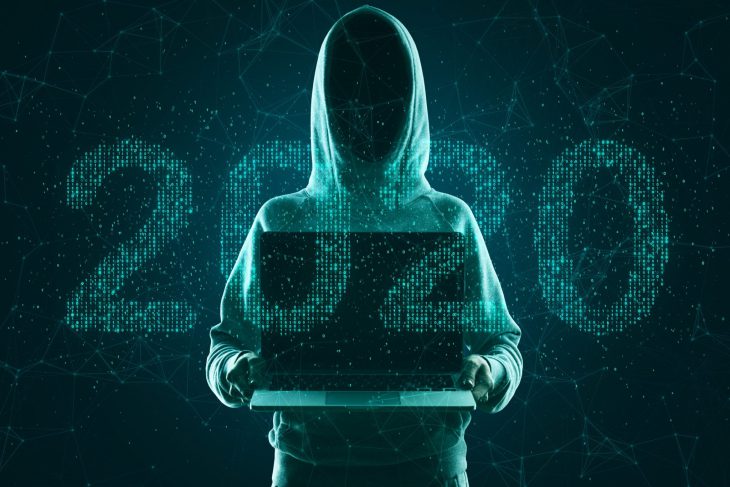

Share on social..
Unfortunately, we do expect to see an increase in organised hacking attacks in 2020. Attacks are more likely to affect industries with critical infrastructure for millions of people such as utilities and government data, as they often operate using old, outdated technology. Trying to upgrade their cyber defences and fix cyber security flaws can lead to service interruptions and downtime.
Companies also have to prevent phishing attacks which are increasingly sophisticated and becoming more and more difficult for an IT professional to stop, let alone an average end-user.
Zero trust security
Businesses are increasingly implementing zero-trust network security. This is an IT security model that requires strict identity verification for every person and device, regardless of whether they are in the office or working remotely on their own devices. The philosophy assumes that there are attackers both within and outside of the company network, resulting in no users or machines gaining automatic trust.
Multi-factor authentication
With the increase of cyber attacks on organisations, password strength cannot be relied on as the only layer of protection that prevents attackers from gaining unauthorised access. Businesses will continue to introduce multi-factor authentication, which is the single most effective control to protect an organisation against remote attacks and prevent hackers from easily gaining an initial foothold into the system.
Automation
There will also be an increasing investment in Cyber Security Automation. Automation offers a very important advantage in cyber security that has been gaining a foothold in the industry, with the aim of reducing the burden on understaffed cyber security teams and increasing efficiency. However, it’s not a perfect solution on its own because automation tools require skilled and knowledgeable staff to operate them.
Artificial Intelligence (AI)
However, the main game changer for cyber security in 2020 will be Artificial Intelligence (AI) and machine learning. AI helps businesses respond more quickly to breaches and there are many advantages (as well as some disadvantages) to integrating it with cyber security solutions. AI-based cyber security solutions are designed to work around the clock and can respond in milliseconds to cyber attacks that would take minutes, hours, days or even months for humans to identify.
However, as yet, AI isn’t a perfect solution and there are some drawbacks to using the technology. AI technologies are being used by defenders and attackers alike and they’re not one-size-fits-all solutions, which means they can be more expensive. They also require more training for cyber security staff to effectively operate.